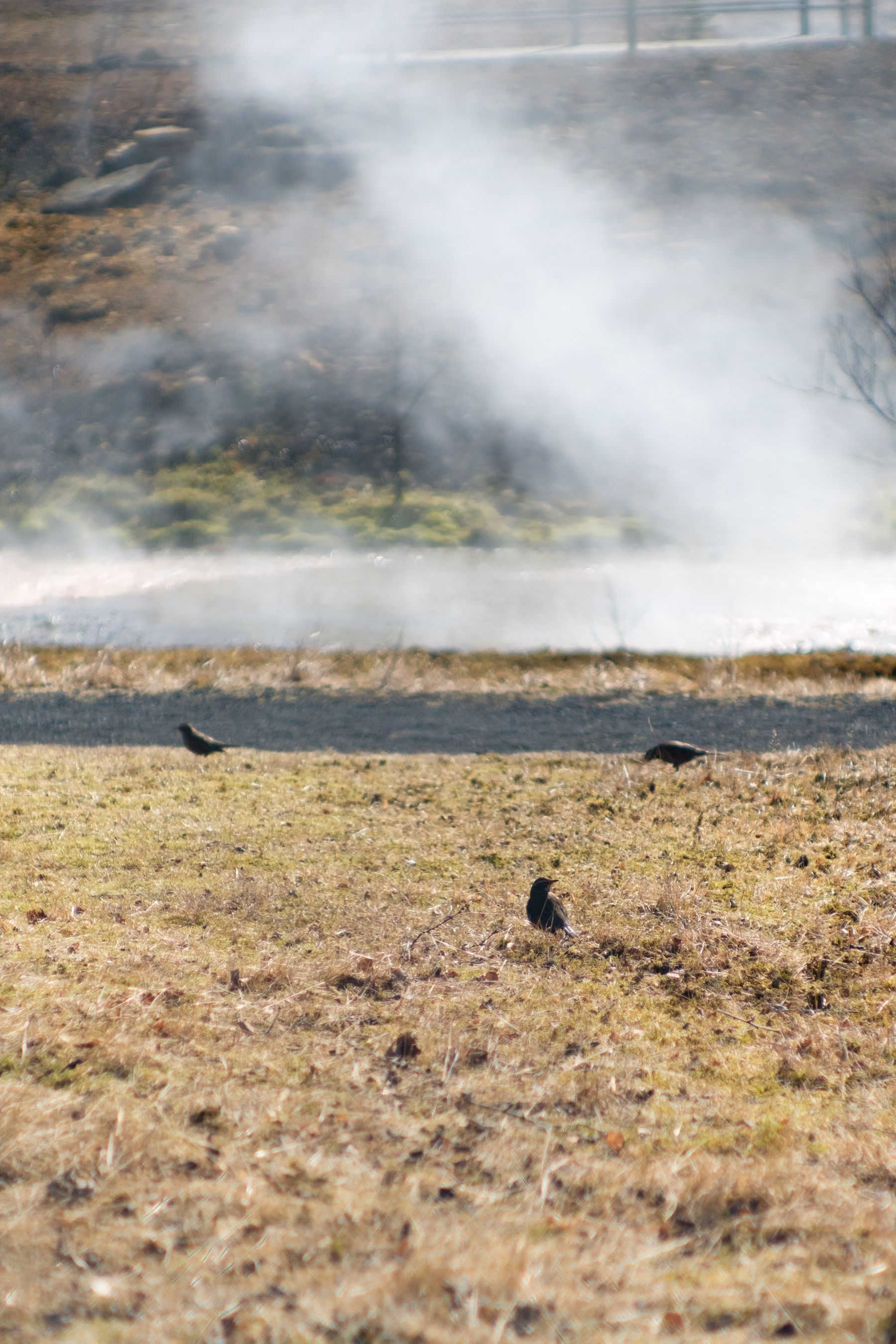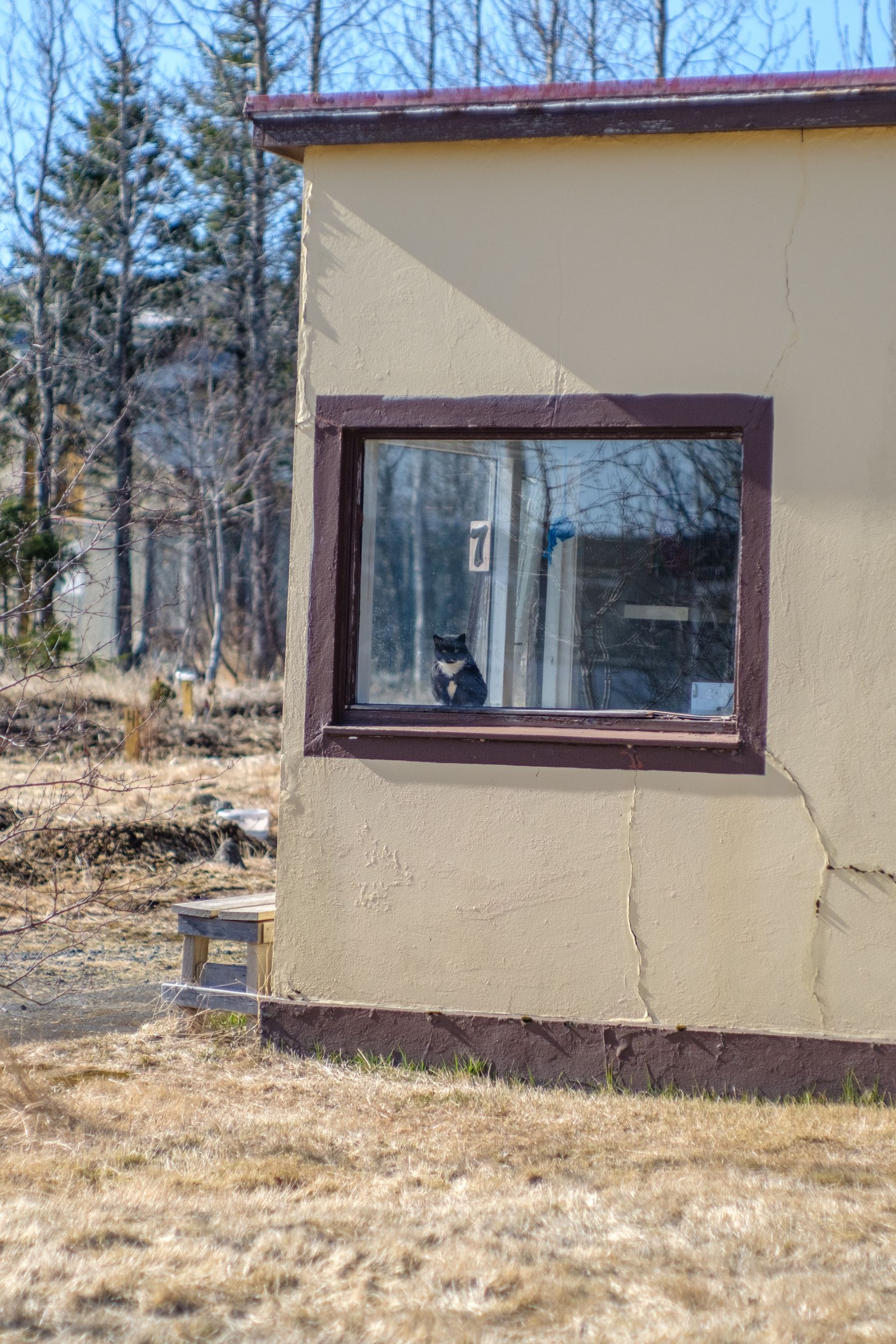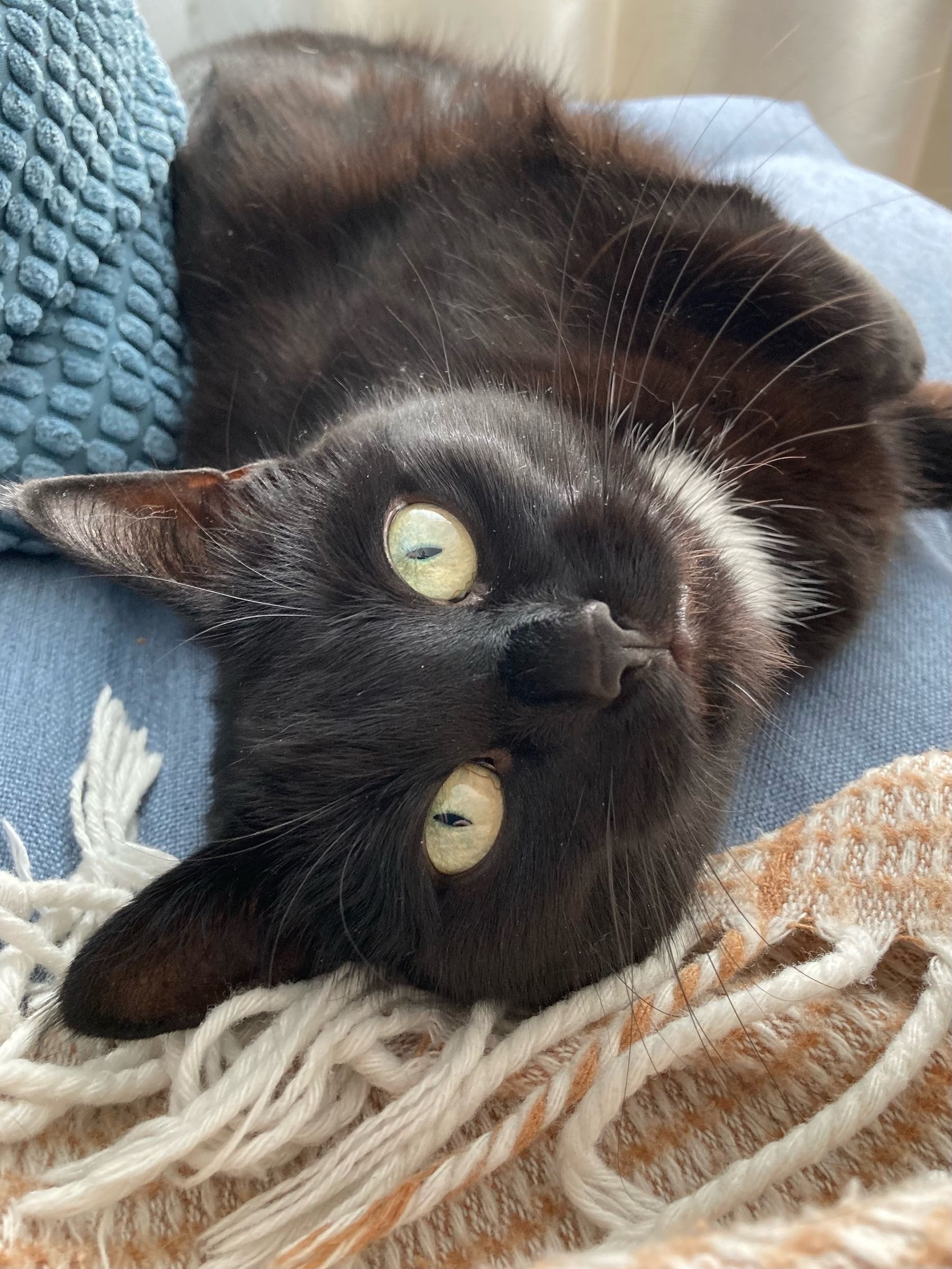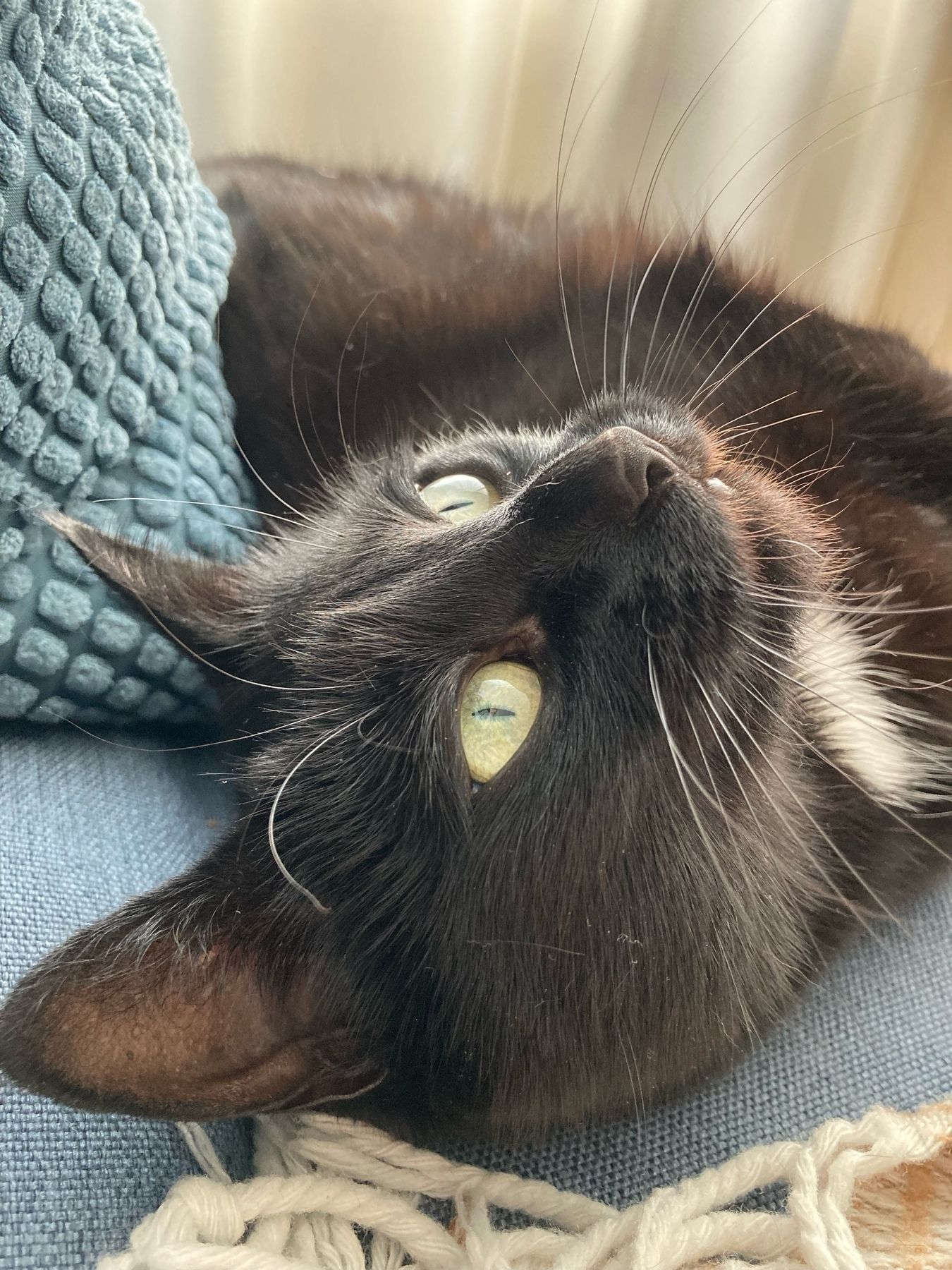Exponential predictions, degrading services and other links, notes, and photos (15 April 2024)
This week’s must-read #
“What Precious Things Does The Corporate World Steal From Us? — Ludicity”
In my first job, I had to get used to the awkward energy of having people lie to me about my work being useful because they didn’t know I could see they never opened it, and most data initiatives are useless to customers because they’re managed so badly. Someone, somewhere, had to write that LinkedIn feature that tries to automatically generate spam responses to posts on their own platform, a feature that I desperately wish that I could have been in the discussions for just to see what on earth is happening over there, and I can assure you with total certainty that a fucking moron tried to tell the engineers involved that the work was meaningful.
And.
Then it clicked. The feeling of suddenly feeling smart was just reclaiming the intellectual life that the corporate world demanded I sacrifice. I used to spend huge numbers of hours reading, to the point that my poor, despairing parents used to tell me off for developing a strange left-handed claw-grip that I would use to manipulate books during meals, and I kept reading all the way through university. The fact that I was giving this up never occurred to me because “you’ll be too tired to read something complex” isn’t in the contract I signed with my first employer, it’s just sort of baked into the fabric of the universe at all but the greatest workplaces. Reading slowly dropped off until it wasn’t happening at all, not even for something useful! Just to stare at a screen then go home.
And.
Something I spend a lot of time reiterating is that one of the key things that you pay a large class of professionals for is their judgement. You can pay for other things, such as their muscles if you’re moving to a new house and want movers, but even in that case you’re paying for experienced-driven judgements such as:
- Judging what orientation would be the most effective in getting that couch through this door
- Working out how many people it would take to semi-safely move this cupboard
Just go read it.
A note on the degradation of machine translation #
We all know how crap generative images are but machine translation seems to be outright declining. Google Translate now thinks “skógarþröstur” in Icelandic means “woodpecker”.
Google Translate used to get the individual words right for Icelandic and everything else wrong. Now it’s much better at syntax and grammar but so so so many of the words themselves are now outright ridiculous. What we get is nonsense, whose sentence structure happens to be fluent. That isn’t translation because it’s omitting the one thing it was supposed to include.
For example, Google translate thinks that:
- “Tjaldur” = tent
- “Loðna” = hairy
- “Glókollur” = glow sticks
- “Steindepill” = gem
For reference, the actual translations.
These are birds:
- Tjaldur = oystercatcher
- Skógarþröstur = redwing
- Glókollur = goldcrest
- Steindepill = wheatear
This is a fish:
- Loðna = capelin/caplin
And before you ask, yes it gets those wrong in context as well, and it seems to sacrifice accuracy even further in order to make the sentence look more fluent:
“Loðna fannst norðan lands” = fur was found in the north of the country.
It should be “caplin was found to the north of the country.”
It also has the same issues going the other way. It translates “woodpecker” as “skógarþröstur”, when it should be “spæta”.
This is the garbage translators are losing their jobs to. The end result of automation isn’t efficiency and higher quality, which is what used to be what happened with automation. The end result is a degraded product that gets sold to the consumer at the same price or higher.
And we don’t get a choice because the pop culture nature of many industries (especially software) means that everybody jumps on the same bandwagon. Market forces will never “fix” this because these markets aren’t genuine markets, but bandwagon-style pop cultures devoid of rational decision-making.
When making predictions of exponential change, the truth should come out rather quickly #
“Joe Russo: Artificial Intelligence Will Create Movies in Two Years”
AI will be able to “actually create” a movie, Russo predicted: “Two years.”
This was published a year ago. We’re already halfway towards his prediction that generative models would be able to generate full-length movies with very competent stories and dialogue on demand.
Russo was not alone in making claims this grandiose. Around 12 months ago, when GPT-4 launched, we had a wave of “AI” types asserting that generative models were improving exponentially and that improvements would be coming at least as fast as Moore’s law at its peak. They also promised us a revolution in software development and office productivity.
I think there’s reason to doubt that this will happen.
Not in the least because if these tools were as productive and useful as promise, we’d be flooded with new and useful end-user software created by these newly productive organisations. If these products were the productivity boon boosters claim they are, workplaces everywhere would have been transformed by now.
Instead we’re only flooded with the same damn feature in every single app: “Automatically generate a super-generic version of this thing that’s at most only 10% of your actual job. And, yeah, you’re going to have to spend some time making sure it’s not wrong, or insulting, or racist, or just outright nonsensical. And people around will, rightfully, think you’re an asshole who can’t be assed to write your own emails. Ain’t it great?”
It’s been a great year for spam, scam, and fraud, though. I’ll grant you that.
On conferences past #
For some reason I’ve been thinking back to the period in my live where I used to go to pretty much every conference I could because I thought it was essential for my career. I even got so lucky as to get invited to speak to a number of them.
Well… ‘lucky’ since conferences were always little more than an extended intense anxiety attack for me, and the ones where I was talking were the worst. In hindsight I’m just glad I never had an outright meltdown at a conference.
That haze of anxiety and insecurity also meant that I mismanaged so so much around my conference attendance. Several times I got emails from interesting people in advance of a conference asking to meet up, which I didn’t reply to because I was barely managing enough function to get to the conference in the first place.
The last talk I did bombed, and I genuinely think it was because I was having an anxiety attack during. After that I only said yes to a couple of panels over the next few years.
Until I just opted out. And it was such a relief. Should have opted out of conferences years earlier.
Tho, I sometimes wonder how different my life would have been if remote conferences had become a thing a decade earlier?
Never got a gig or a job because of conference attendance. But I did get project work from showing up to London Book Fair adjacent pubs and socialising with people in a more relaxed environment.
Links #
- “Faster Connectivity !== Faster Websites - Jim Nielsen’s Blog”
- “MDN’s AI Help and lucid lies - Seirdy”. Mozilla’s shift to “AI everything all the time” is nothing short of a tragedy
- “Blockin’ bots. — Ethan Marcotte”
- “Linux Elitism…Again | Kev Quirk”. This simultaneously does not surprise me and and it disappoints me, both at the same time. Social groups that are packed full of zealots are always going to be unpleasant experiences and, if their goal is meaningful social change, inherently counter-productive
- “Creative Good: Big Tech’s corruption was 25 years in the making”. “Mistreating customers, exploiting workers, chasing the latest fads, hyping products with no lasting value: it’s all so unimaginative.”
- “Move at the speed of trust | A Working Library”
- “Back up everything: corps don’t care about your data but you should”. This. Back up your stuff.
- “Google Contract Shows Deal With Israel Defense Ministry | TIME”
- “Phil vs. LLMs - Funranium Labs”. As I said back during the whole “use generative models to identify which wild mushrooms are safe” thing, and again during the “let’s use generative models for primary healthcare”, these things will literally kill people, if they haven’t already.
- “More collegiate FOMO • Buttondown”. “AI Hype is Warping How Universities See Themselves.”
- “I want to elevate more people with Piccalilli Links - Piccalilli”
- “Five Things: April 11, 2024 — As in guillotine…”. “Every comics publisher, platform, or service that prominently mentions “IP” anywhere in their About copy is fundamentally a predator.” This is a perennial truth.
Photos #
Took my camera with an “antique” lens (70s/80s is antique now, right?) out on my “clear my head of anxiety” walk. This might have been a mistake since a funky manual lens isn’t the best for birds and landscapes, but you make do 🙂




These I felt worked a bit better in black and white.




The thing to do when you go out for a walk with only a funky antique lens on our camera like I did yesterday is to try and have a bit of fun with it. Like the redwings in the geothermal park here in Hveragerði in the first picture and the starlings in the second picture.


This is the local cat shelter here in Hveragerði. Looks like it has a new occupant, but hopefully they won’t be there for long.
This, by the way, is where my sister got her cat Kolka, whose pictures I’ve posted on occasion.

Finally, for Saturday’s #caturday post, I published another batch of photos from my sister of her cat Kolka, a black-and-white rescue (from the shelter pictured above) who has gone from semi-feral to “hey, people give scritches!” in a little bit over a year.



